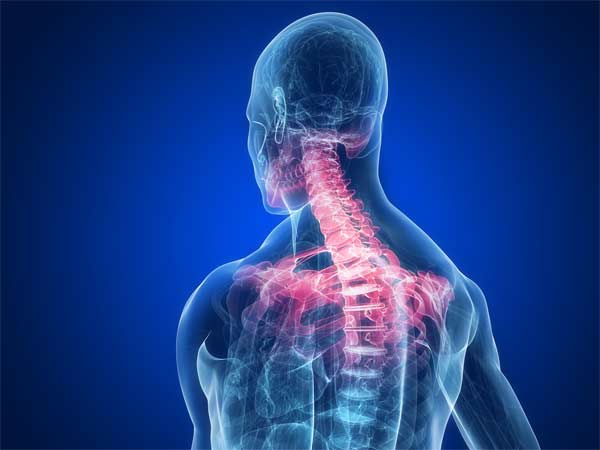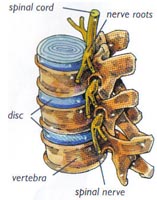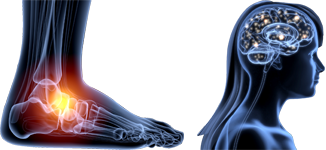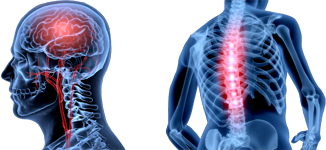 Being “pinched” hurts, but to pinch a nerve? Ugh! That must feel like a severe, sharp, intense pain-and it often does. “Pinched” nerves could happen nearly anywhere and affect nerves that go to your arms, fingers, wrists, neck, head, back, shoulders, legs, muscles and internal organs. “Pinched” nerves can affect your health, posture, vitality, resistance to disease, even your emotional health. “Pinched” nerves can make your life miserable.
Being “pinched” hurts, but to pinch a nerve? Ugh! That must feel like a severe, sharp, intense pain-and it often does. “Pinched” nerves could happen nearly anywhere and affect nerves that go to your arms, fingers, wrists, neck, head, back, shoulders, legs, muscles and internal organs. “Pinched” nerves can affect your health, posture, vitality, resistance to disease, even your emotional health. “Pinched” nerves can make your life miserable.
 Do nerves really get “Pinched”? Actual pinching is quite rare. What is much more common is what chiropractors call the vertebral subluxation complex or subluxations. Other terms for this are nerve impingement, nerve irritation, nerve lesion, spinal stress and meningeal tension.
Do nerves really get “Pinched”? Actual pinching is quite rare. What is much more common is what chiropractors call the vertebral subluxation complex or subluxations. Other terms for this are nerve impingement, nerve irritation, nerve lesion, spinal stress and meningeal tension.
Why are nerves such an important consideration? Nerve messages help regulate your body activities such as breathing, heartbeat, digestion, excretion and your blood pressure and immune system so that you can respond to germs, changes in temperature and all kinds of stress. In addition to nerve impulses, nutrients flow over your nerves to nourish your muscles and tissues.
What could happen as a result of having a pinched nerve? If the flow of nutrients over your nerves is blocked it may cause your muscles to waste away. If your nerves are “pinched”, “Impinged” or otherwise interfered with, the flow of messages and nutrients over them can be disrupted and your body can become “dis-eased” or weakened.
How do you correct “Pinched” nerves? “Pinched” nerves do not go away by themselves. No amount of painkillers or muscle relaxants can fix them. Only doctors of chiropractic are able to analyze your spinal column for “pinched” nerves or vertebral subluxations and use the spinal adjustment techniques to gently realign your spine, release your internal stress and free you from your “pinched” nerves. Only a chiropractic spinal analysis and spinal adjustment can relieve your body of vertebral subluxations-nothing else will do.


